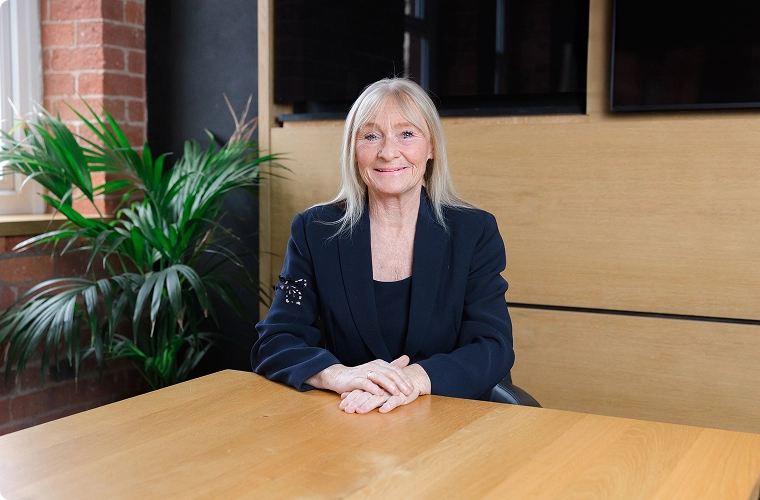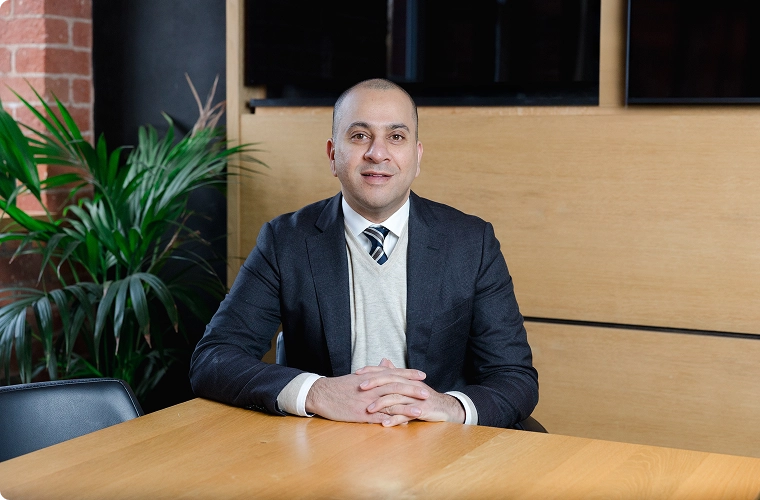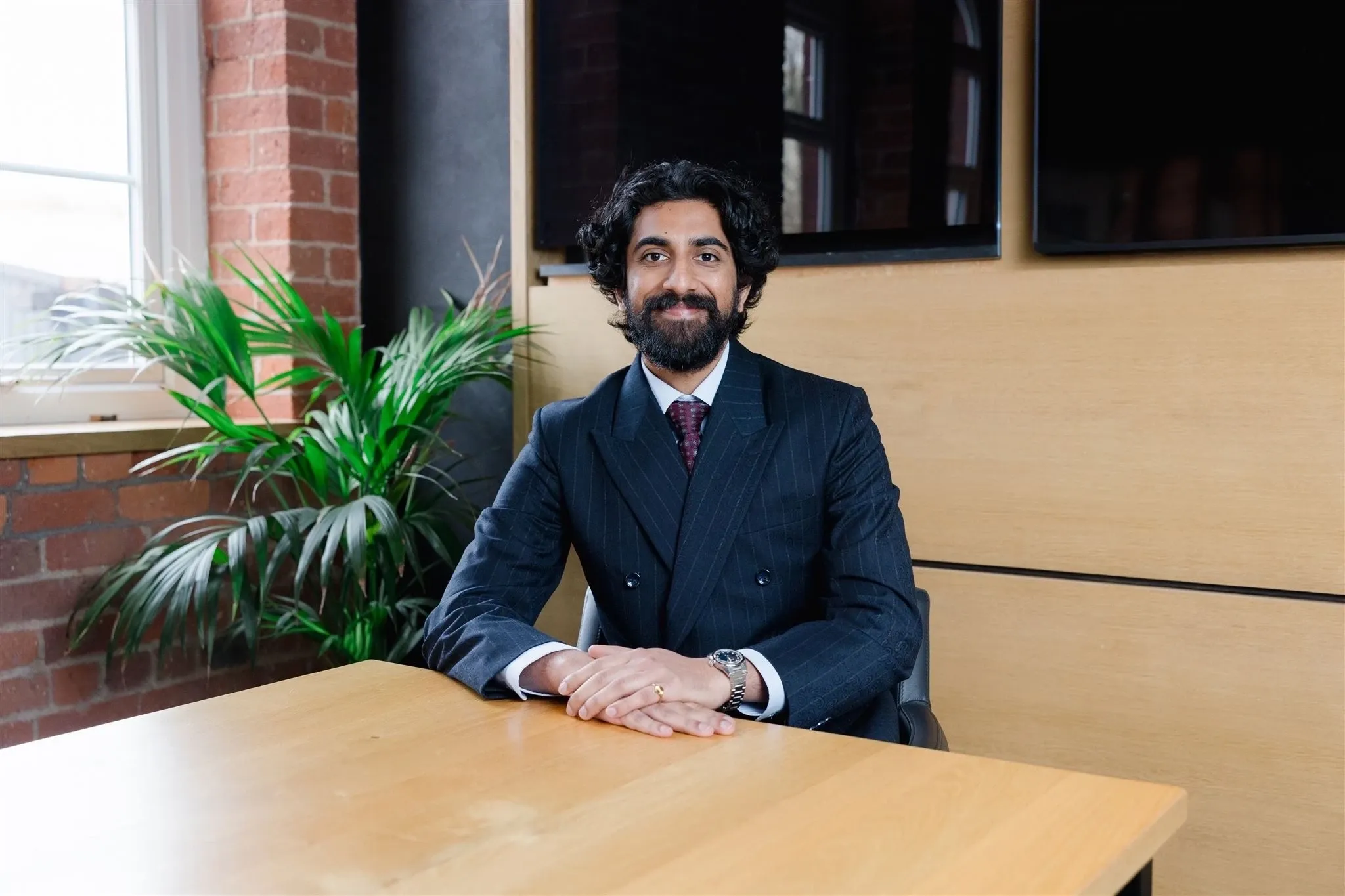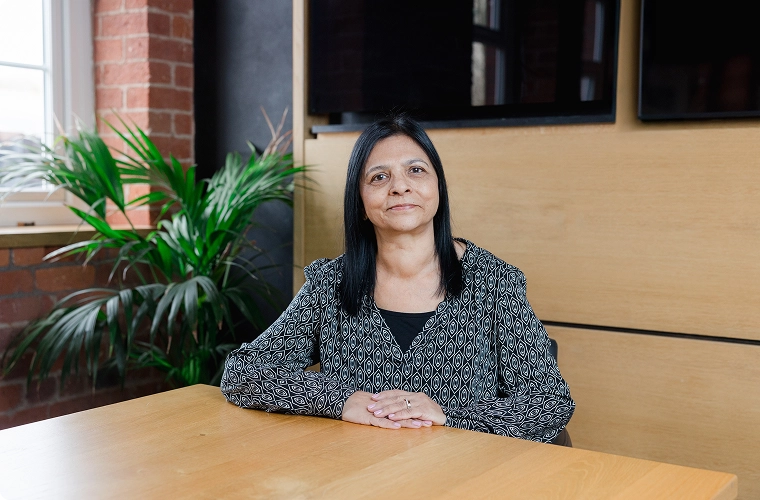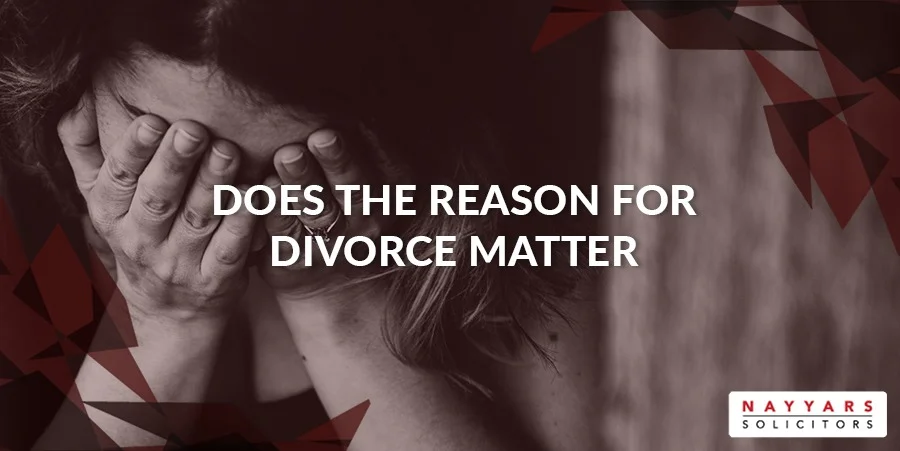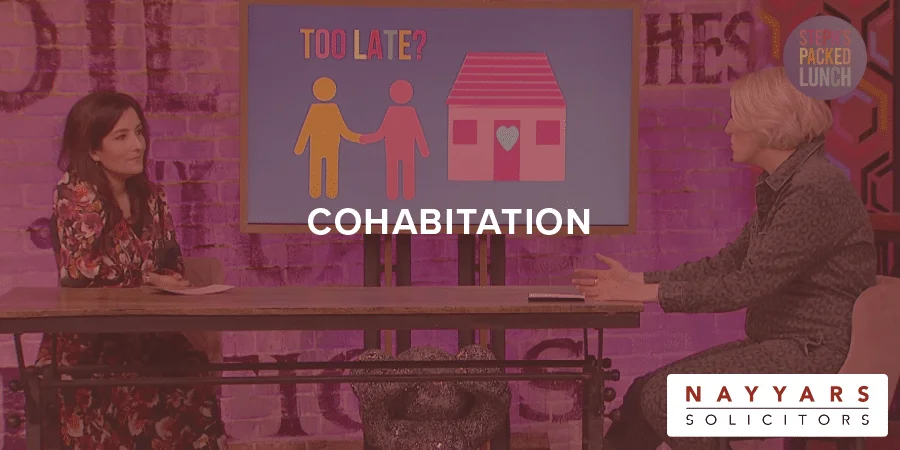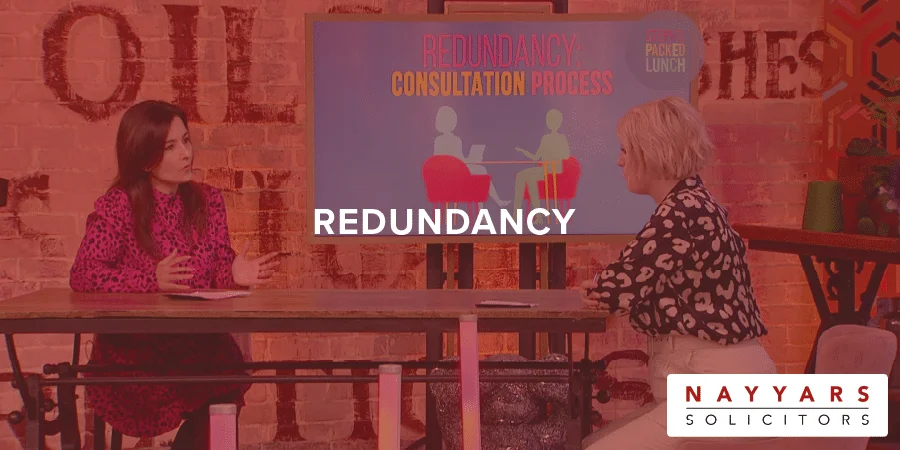Islamic Wills
We understand how important it is to many Muslims to have a valid Islamic Will and can provide you with the legal advice you need to ensure your property and assets are distributed in accordance with Sharia law.
Our team will dedicate themselves to helping you create a Will that promotes peace within your family, ensuring your assets are distributed in accordance with the Qur’an and Sunnah to your closest relatives.
Our Wills and LPA team have a deep understanding of Sharia law and will ensure your Will is fully compliant with its principles and teachings. We can also help you prepare a Declaration of Faith when finalising your wishes.






